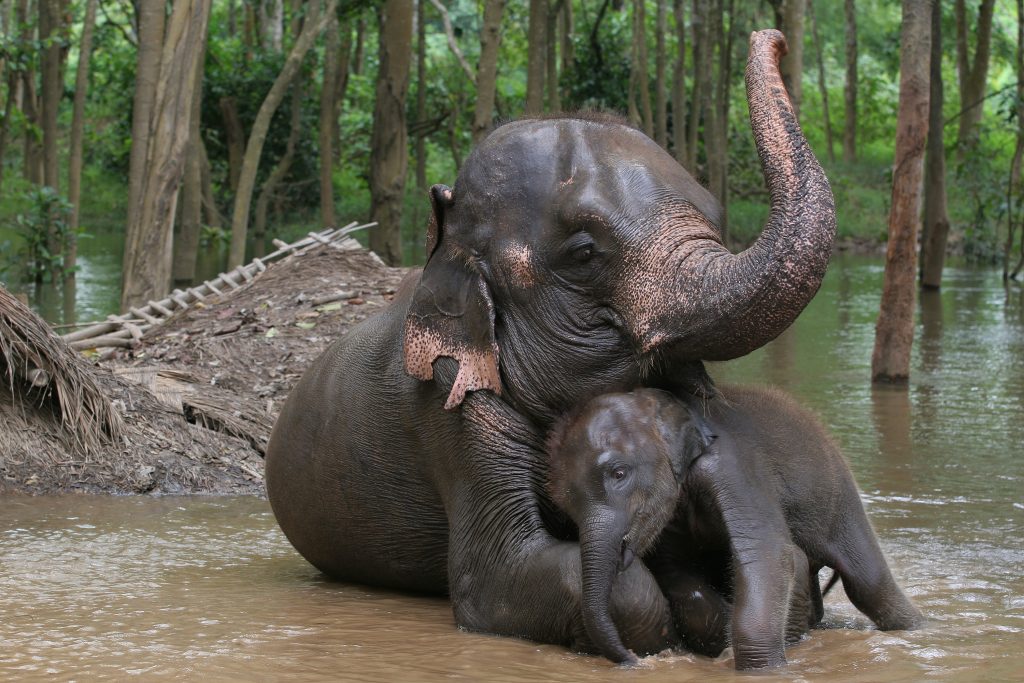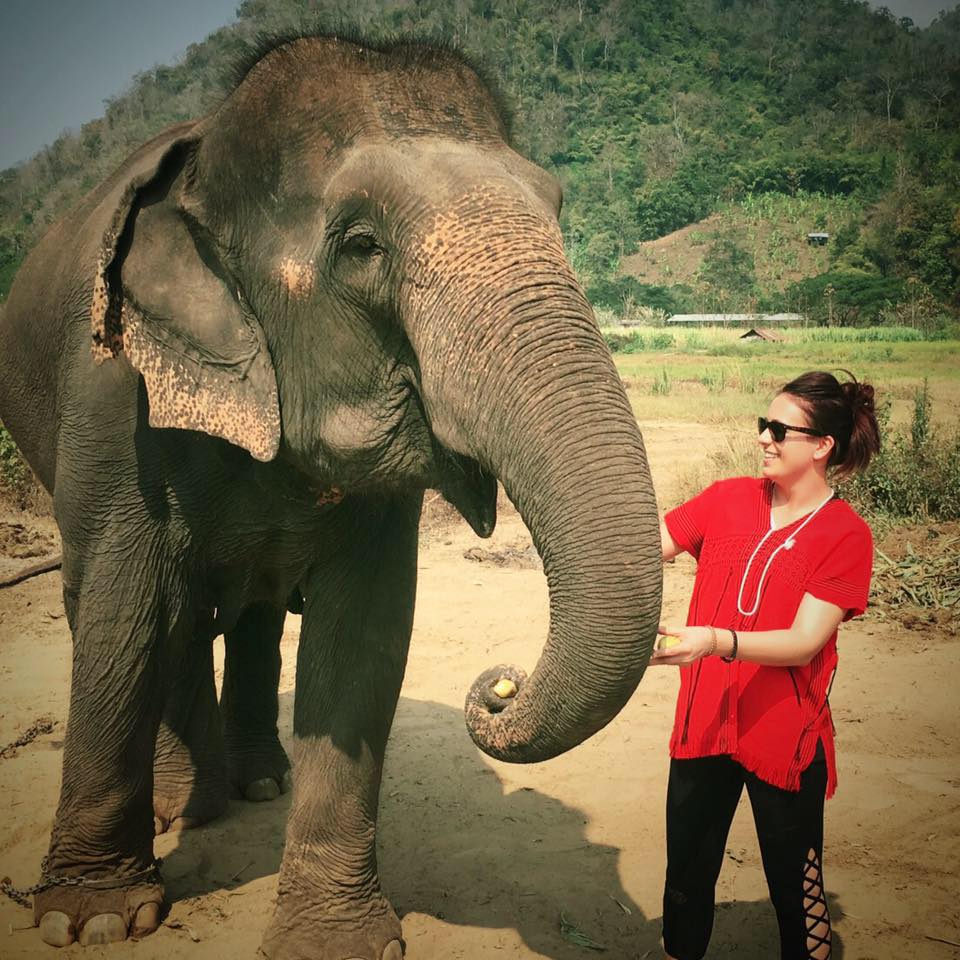Hey There!
I'm Reina
I am a full-time traveling registered nurse, fitness enthusiast, and nutrition expert. Every morning I wake up intending to bring awareness of the importance of health and spiritual wellness, especially to the traveling community. At Messy Bun Traveler, we promote travel that allows the traveler to either kick-start, maintain, or enhance a healthy lifestyle. So whether you're someone who travels for business, travels for pleasure, or new to travel and looking for health advice while on the road, this blog is for you!
inspiration
Categories:
health
destinations
fitness
resources
wellness
Privacy & Disclosure
The Messy Bun Traveler is designed to bring you fun stories, destination guides, and healthy travel advice. To help cover the cost of running this site, all posts are sprinkled with hand-selected affiliate links. When you click on one of these links and make a purchase, I will earn a small commission at no additional cost to you. I only accept affiliate links and paid advertisements from brands I believe in, trust and use personally. Thank you for your continued support!
Elephant Rides are Cruel: Here’s How to Visit Elephants Ethically
October 24, 2019
I’ll be the first to admit, when traveling through Thailand, one of the highest experiences on my bucket list was to ride an elephant. I mean, who wouldn’t, right?! Imagine sitting on top of a massive, four-ton creature while exploring the wonders of Thailand’s jungles and wilderness.
An elephant ride is an experience many people add to their itinerary when planning a trip to Southeast Asian countries. What goes unnoticed, however, is the treatment of these gentle creatures behind closed doors. A lot has to happen for an elephant to accept a person on its back.
A series of horrifying stories have emerged in recent years, exposing the reality of elephant tourism in Thailand.

We should be taking care of animals, not mistreating them//Shutterstock
Why Elephant Rides are Cruel:
When I was traveling through Thailand, I was in a tour group with Contiki Tours. When informed that we wouldn’t partake in elephant rides, it crushed me. I thought—this is one of the MAJOR reasons I wanted to visit this country! Why on earth is it considered unethical?! We see people doing it all the time in pictures, videos, movies, and documentaries.
After doing a little more research, it all made sense to me. I was horrified after learning the reality of what these poor elephants endure, and I was even angry after learning about the “training” methods put on by Thailand’s tourism companies.
Just take one look at this photograph here. And you’ll immediately understand why. Elephant rides are cruel for many reasons, some of which I’ll share with you here.
The elephants are ripped away from their mothers when they’re just infants. And sometimes, the elephants are captured illegally. The training of these baby elephants consists of being tied down and beaten with bullhooks and other tools designed to inflict pain to the animal.
When this repeated practice loops over and over again, the animals become subservient to their trainers. They fear being abused once more.
And when the elephants are not being “trained,” they’re kept in sheds or shacks and bound to tight chains so they can barely move. This system is cruel in itself because elephants are naturally roaming creatures. They enjoy wandering in herds, bathing in rivers, and playing with other elephants.
Furthermore, the anatomy of an elephant is not made to support the weight of humans. They may be giant and strong creatures, but the reality of it is, elephants can suffer from significant injuries due to people riding on their backs.
Where It Gets Tricky:
Over the last few years, public awareness of the cruelty to captivated elephants has increased—and educated tourists no longer want to partake in such activities. In order to stay in business, many of Thailand’s attractions try to trick tourists by adding titles like “sanctuary,” “rescue center,” and “animal refuge,” to their names.
Don’t be fooled. Just because you see these terms in the name doesn’t mean it is a haven for elephants. The abusive training methods are often similar to make the elephants follow commands to let people ride, feed, touch, or bathe them.
If you look closely, you’ll sometimes see trainers or tour guides use hooks to control the elephant. Often it’s hidden behind the ears where the skin is thin and sensitive. Controlling animals by infliction of pain is, in my opinion, highly unethical.
To be even more misleading, some camps have found a clever workaround to the decrease in tourism groups riding elephants. The camp will host one group in the morning that doesn’t allow riding, and then host another group in the afternoon that does allow elephant rides.
Ethical and Sustainable Tourism Efforts:
According to Responsible Travel, no more than 45,000 Asian elephants remain in their natural environment. The scarce number of elephants, scattered across 13 countries, are watching their natural habitats decreasing by the second.
Asian elephants are now considered ENDANGERED animals, and taking the elephants from their home for purposes of tourism and entertainment is not helping the situation.
The good news: ethical sanctuaries do exist; you just need to know where to find them. When we visited elephants in Thailand, our group went to the Elephant Nature Park. It’s an elephant rescue and rehabilitation center in Northern Thailand where you can volunteer to feed, bathe, and play with the elephants.
I didn’t see any elephant rides, I didn’t see any elephants doing cool tricks, and I didn’t see any hooks behind the animals’ ears.
Instead, it was a fun, educational experience where I was able to see elephants happily play in their natural surroundings. They played in the mud, bathed in the river, and roamed freely throughout the park.

There are ways to visit elephants ethically!
How to be an Ethical Tourist:
Before partaking in any animal activities, do your homework. Any “sanctuary” that allows sitting on the animals’ backs or has the animals perform tricks should be a definitive no.
If you plan on visiting an elephant sanctuary, make sure the refuge doesn’t use hooks to control the animal. If you need help finding ethical animal encounters on your upcoming trip, check out Destination Asia or Asian Trails for certified humane elephant tourist sites.
And above all, spread awareness. Many individuals who continue this popular tourist attraction are unaware of the mistreatment of these animals. If you have friends or family visiting Thailand or other Southeast Asian countries, warn them of the reality of elephant rides and animal mistreatment. Let them know, kindly, that elephant rides are cruel and explain to them why.
Even though I never checked off my bucket list experience of riding an elephant, I was honestly okay. I was fortunate enough to have learned about the abusive practice before participating. Had I been unaware, I may be writing this article in a different tone, full of regret that I helped fund an organization that wrongfully abuses these gentle giants.
Join my newsletter
* We will never share your details with any third party